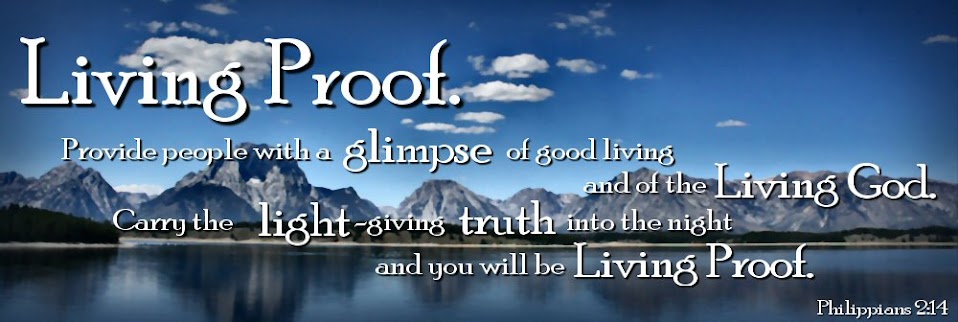I am reposting this because I've received several entries already, but I don't want folks to forget - there are still two weeks left. Thank you all so much. Even if you already submitted something last year, feel free to do so again this year. You deserve to be heard.
Please visit This Link to learn more about National Invisible Chronic Illness Week.
Thousands, millions even, of people suffer with invisible illness. As months, weeks, and years go by, we learn to stay silent, to quit complaining, to "toughen up." We learn to not ask for support or help. We get tired of being a burden. Sometimes, we find ourselves dreading the next person who says "But you look just fine." This year, from September 10th - 16th, I will be publishing as many stories as are submitted to me. You can follow this checklist, or you can write it in any other format you choose. But try to view it as an opportunity to show the world what it is like to be you. It's important to me this year, to give my readers a voice. You can email me at kyukidojen@hotmail.com and I will gladly post on your behalf. Please include what you want me to call you in the post dedicated to you, and as well as you can, answer the following questions. It is time to see just how NOT alone we really are.
1. The illness I live with is:
2. I was diagnosed with it in the year:
3. But I had symptoms since:
4. The biggest adjustment I’ve had to make is:
5. Most people assume:
6. The hardest part about mornings are:
7. My favorite medical TV show is:
8. A gadget I couldn’t live without is:
9. The hardest part about nights are:
10. Each day I take __ pills & vitamins. (No comments, please)
11. Regarding alternative treatments I:
12. If I had to choose between an invisible illness or visible I would choose:
13. Regarding working and career:
14. People would be surprised to know:
15. The hardest thing to accept about my new reality has been:
16. Something I never thought I could do with my illness that I did was:
17. The commercials about my illness:
18. Something I really miss doing since I was diagnosed is:
19. It was really hard to have to give up:
20. A new hobby I have taken up since my diagnosis is:
21. If I could have one day of feeling normal again I would:
22. My illness has taught me:
23. Want to know a secret? One thing people say that gets under my skin is:
24. But I love it when people:
25. My favorite motto, scripture, quote that gets me through tough times is:
26. When someone is diagnosed I’d like to tell them:
27. Something that has surprised me about living with an illness is:
28. The nicest thing someone did for me when I wasn’t feeling well was:
29. I’m involved with Invisible Illness Week because:
30. The fact that you read this list makes me feel:










 I am a Christian. I am a wife. I am a daughter. I am a friend. I have babies in heaven. I take pictures. Love to write. I strive to show compassion.
I am a Christian. I am a wife. I am a daughter. I am a friend. I have babies in heaven. I take pictures. Love to write. I strive to show compassion.
 Derek is also a Christian. He is a husband - to me. An amazing husband. He loves intensely. Laughs freely. He is strong. I am amazed when I consider that he chose ME. I love him. He loves me.
Derek is also a Christian. He is a husband - to me. An amazing husband. He loves intensely. Laughs freely. He is strong. I am amazed when I consider that he chose ME. I love him. He loves me.
 This is my Gramma. Eileen. Of everyone I have ever known, she is the one I desire to be like. She was wildly compassionate. Generous. A woman of integrity. Goofy. Cute. My hero. She is in Heaven.
This is my Gramma. Eileen. Of everyone I have ever known, she is the one I desire to be like. She was wildly compassionate. Generous. A woman of integrity. Goofy. Cute. My hero. She is in Heaven.
 Bayleigh is intense. She is small. She is beautiful. Sweet. Wild. Mischevious without limits. And she chirps.
Bayleigh is intense. She is small. She is beautiful. Sweet. Wild. Mischevious without limits. And she chirps.
 Furbis is the epitome of catness. He is handsome. Big. Sweet. Dangerously intelligent. Strong. He breaks things. And talks.
Furbis is the epitome of catness. He is handsome. Big. Sweet. Dangerously intelligent. Strong. He breaks things. And talks.
 Calliah is special. Furbis chose her. She is sweet. Not very smart. Funny. Pretty. Puts her toys in water. And the more she loves you, the harder she bites.
Calliah is special. Furbis chose her. She is sweet. Not very smart. Funny. Pretty. Puts her toys in water. And the more she loves you, the harder she bites.
 Izzy is super sweet. She's pretty. Passionate about playing. She licks things. She doesn't talk much. Snuggles a lot. And sleeps on my head.
Izzy is super sweet. She's pretty. Passionate about playing. She licks things. She doesn't talk much. Snuggles a lot. And sleeps on my head.